Loving Yourself AfterMeth
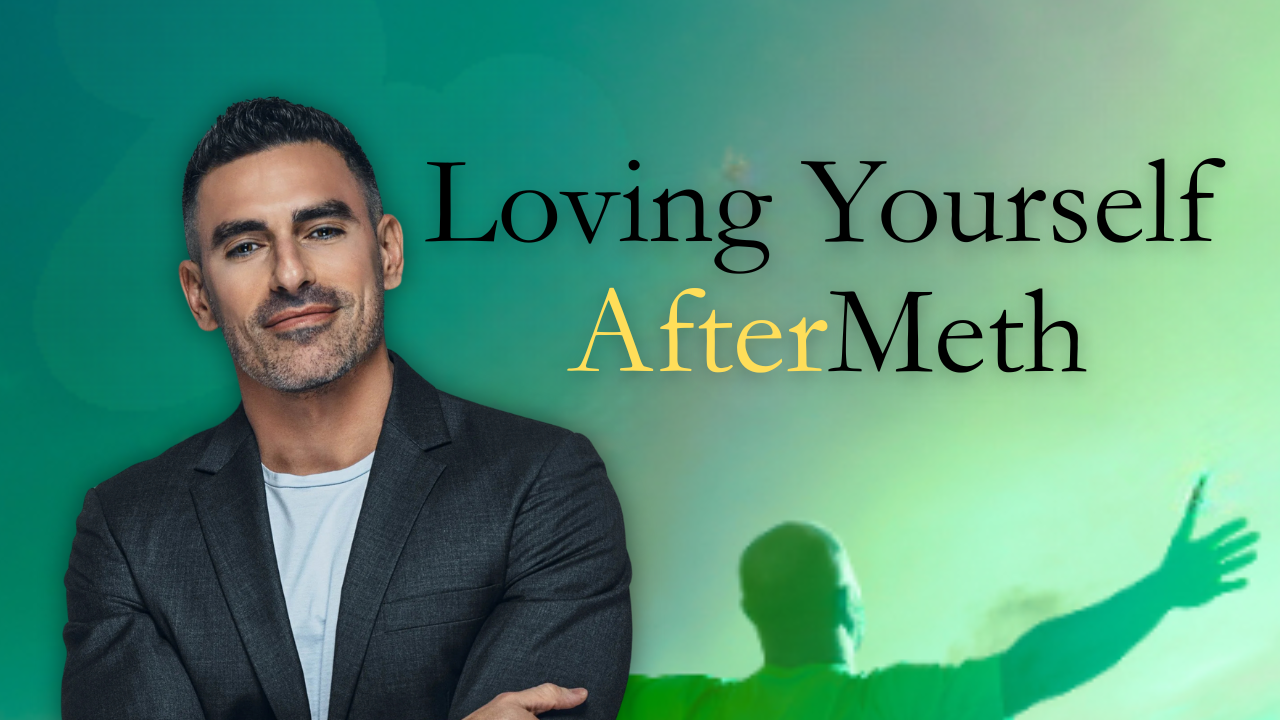
This week's discussion is gooooood.
Real good.
You won't want to miss it.
So many of you are out there asking, "I know I'm supposed to love myself, but HOW?"
In this episode, among many other relevant topics, my guest gives you some practical and impactful steps toward loving yourself.
Recovery from addiction isn't just about stopping substance use—it's about understanding the complex internal landscape that led to using in the first place.
Brian Spitulnik, a psychotherapist who works primarily with gay men, offers a revolutionary approach through Internal Family Systems (IFS) therapy.
This framework views each person as having multiple "parts"—different aspects of personality that developed to help us navigate life's challenges.
Rather than seeing the part of you that reaches for substances as an enemy to be defeated, IFS invites you to approach it with curiosity and compassion.
This part, like all parts, developed with good intentions—perhaps to help you avoid pain, find connection, or feel free from overwhelming emotions. Understanding this can transform your relationship with yourself and your recovery journey.
Key Concepts from Brian's Approach
The Nature of Parts
Every person has multiple parts that serve different functions. Think of them as different members of an internal family, each with their own personality, needs, and protective strategies. Some common types include:
- Firefighters: Parts that emerge to put out emotional "fires" when we're overwhelmed (like the part that reaches for substances)
- Managers: Parts that try to control our environment to keep us safe
- Exiles: Vulnerable parts that hold our deepest hurts and needs
The Self as Internal Parent
At your core exists what IFS calls the "Self"—your wise, compassionate, centered essence. This Self can serve as a loving parent to all your parts, offering the same understanding you might show to a child who's acting out because they're scared or hurting.
Moving from War to Understanding
Instead of waging war against the part that wants to use substances, recovery involves:
- Getting curious about what this part is trying to do for you
- Understanding its positive intention
- Finding new, healthier ways for it to serve its function
- Integration rather than elimination
The Connection Between Trauma and Addiction
Brian emphasizes that substance use often stems from unresolved trauma and the resulting parts that developed to protect us. For many gay men, this includes:
- Growing up with the understanding that being gay meant death (during the AIDS crisis)
- Internalized homophobia and shame
- Isolation and loneliness
- Lack of authentic community connection
Understanding these roots doesn't excuse harmful behavior, but it provides a compassionate context for healing.
Building Authentic Connection
True recovery involves moving beyond surface-level interactions to build genuine community. This means:
- Recognizing that you're not alone in wanting something deeper than hookup culture
- Finding spaces where you can be authentic about your struggles
- Building relationships based on shared humanity rather than just sexual attraction
- Developing the emotional regulation skills that substances may have been providing
The Spiritual Dimension
Recovery often involves connecting to something larger than yourself—whether you call it your higher self, the universe, or a spiritual presence. This connection provides:
- A sense that you're not navigating life alone
- Access to wisdom and strength beyond your ego
- Moments of grace that can shift your entire perspective
- The experience of unconditional love and acceptance
Moving Forward
Recovery is not a destination but an ongoing practice of self-discovery, self-compassion, and authentic connection.
The parts work approach offers a framework for understanding yourself with nuance and kindness, recognizing that even your most challenging behaviors developed for understandable reasons.
Remember that this work is best done with professional support. While these concepts can provide insight and direction, working with a qualified therapist who understands both addiction and the unique challenges facing gay men can provide the personalized guidance needed for deep healing.
Your journey toward wholeness is not about becoming perfect—it's about becoming authentically yourself, with all parts welcomed and integrated into a life of meaning, connection, and joy.
Love, Dallas
Reflective Questions
-
What does the part of you that reaches for substances actually want for you? Take time to get curious rather than judgmental about this part's intentions.
-
Where in your body do you feel difficult emotions? Learning to locate feelings somatically is the first step in developing a relationship with your parts.
-
What stories do you tell yourself about your addiction, and which of these are actually facts versus interpretations? Practice distinguishing between objective reality and the narratives you've created.
-
Who in your life has shown you the kind of unconditional acceptance that your internal Self can offer to your parts? This can serve as a model for how to relate to yourself.
-
What would it mean for you to be part of an authentic gay community that goes beyond hookup culture? Envision what genuine connection might look like in your life.
Journal Prompts
-
Write a letter to the part of you that has struggled with substances. Express curiosity about its role and acknowledge any positive intentions it may have had, even if the methods were harmful.
-
Describe a moment when you felt truly connected to something larger than yourself. What was that experience like? How might you cultivate more moments like this?
-
Map out your internal family. What different parts can you identify within yourself? What roles do they play? Which ones work well together, and which ones are in conflict?
-
Reflect on your relationship with the gay community. What has your experience been with finding authentic connection? What barriers have you encountered, and what possibilities do you see?
-
Write about a time when you were able to sit with difficult emotions without using substances or other escape mechanisms. What resources did you draw on? How did it feel to move through the emotion rather than around it?
Action Exercises
-
Practice the "Daddy's Home" or "Mommy's Home" technique. When you notice yourself feeling overwhelmed, place a hand on your heart and remind yourself that your wise, adult Self is present and capable of caring for whatever part is struggling.
-
Conduct a daily body scan. Spend 5-10 minutes each day noticing physical sensations and connecting them to emotions. This builds the foundation for parts work by developing somatic awareness.
-
Create a "parts check-in" routine. Once or twice daily, ask yourself: "What parts of me are active right now? What do they need?" This develops ongoing awareness of your internal landscape.
-
Fact-check your emotional narratives. When you notice yourself in distress, write down the facts of the situation separately from your interpretation. Ask yourself: "Am I feeling emotions about reality or about the story I'm telling myself?"
-
Seek out one form of authentic connection this week. This might be sharing honestly in a support group, having a vulnerable conversation with a friend, or joining a community activity that aligns with your values rather than just your sexual desires.
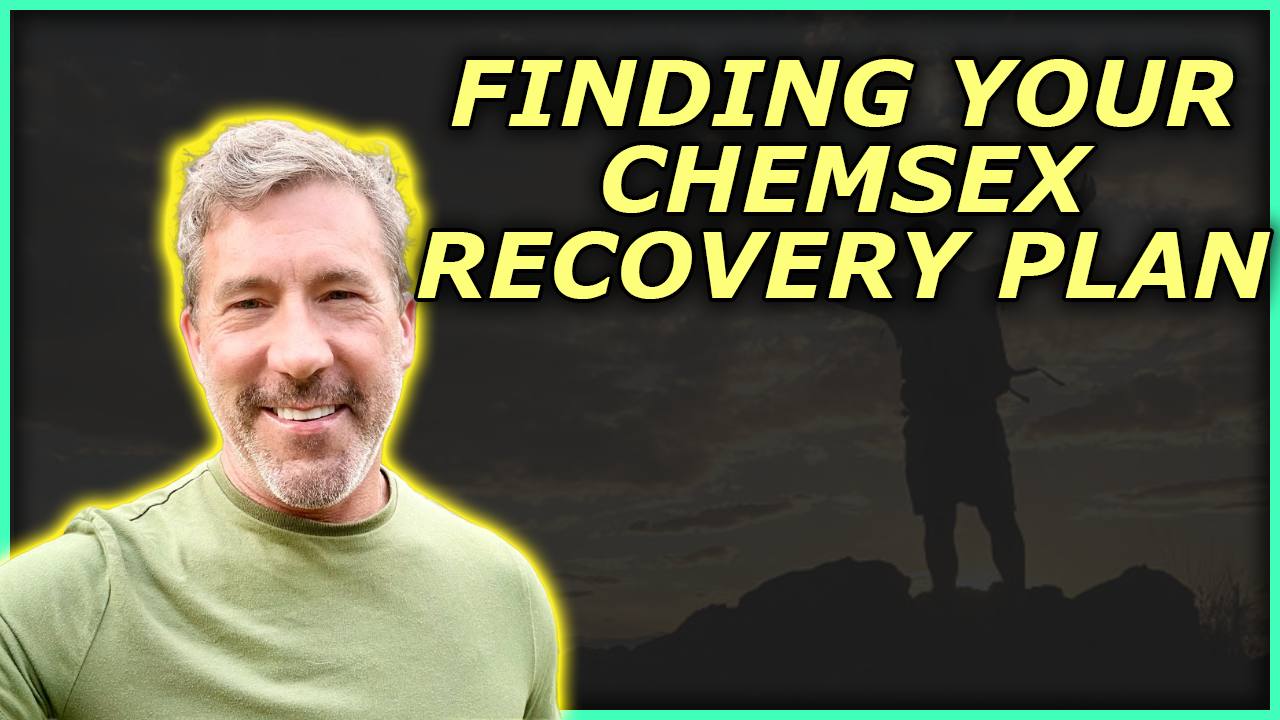
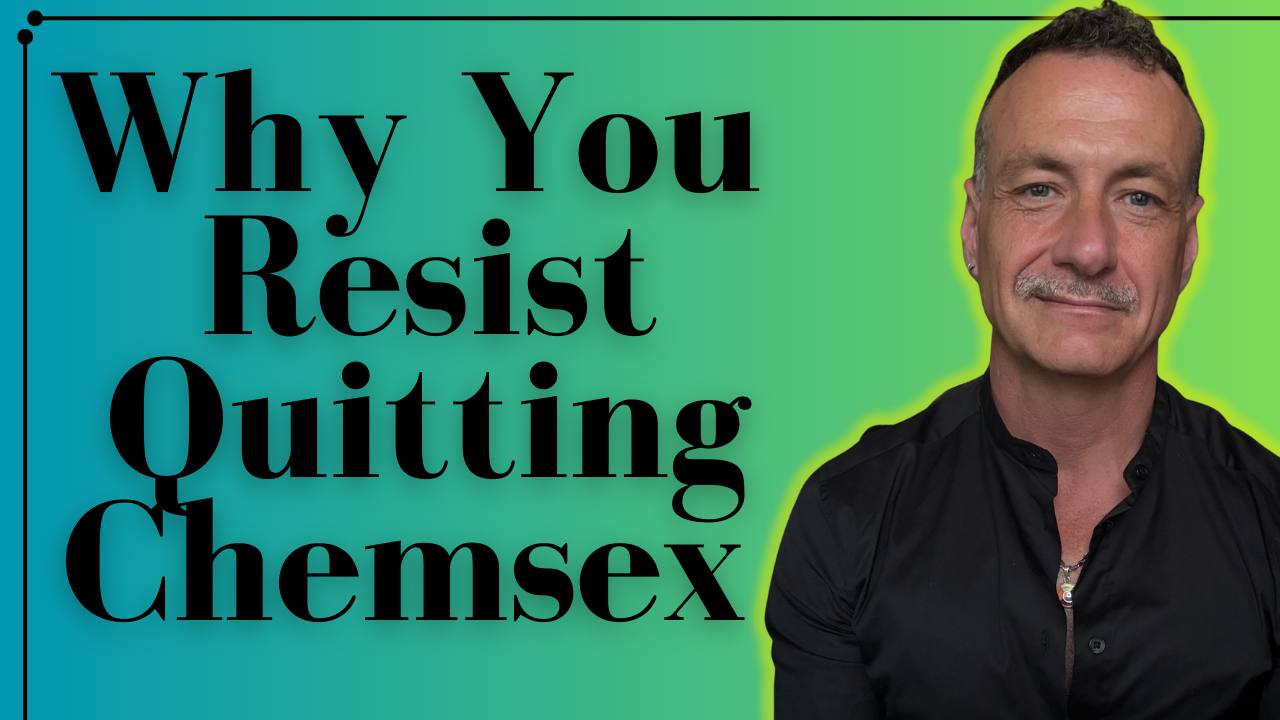
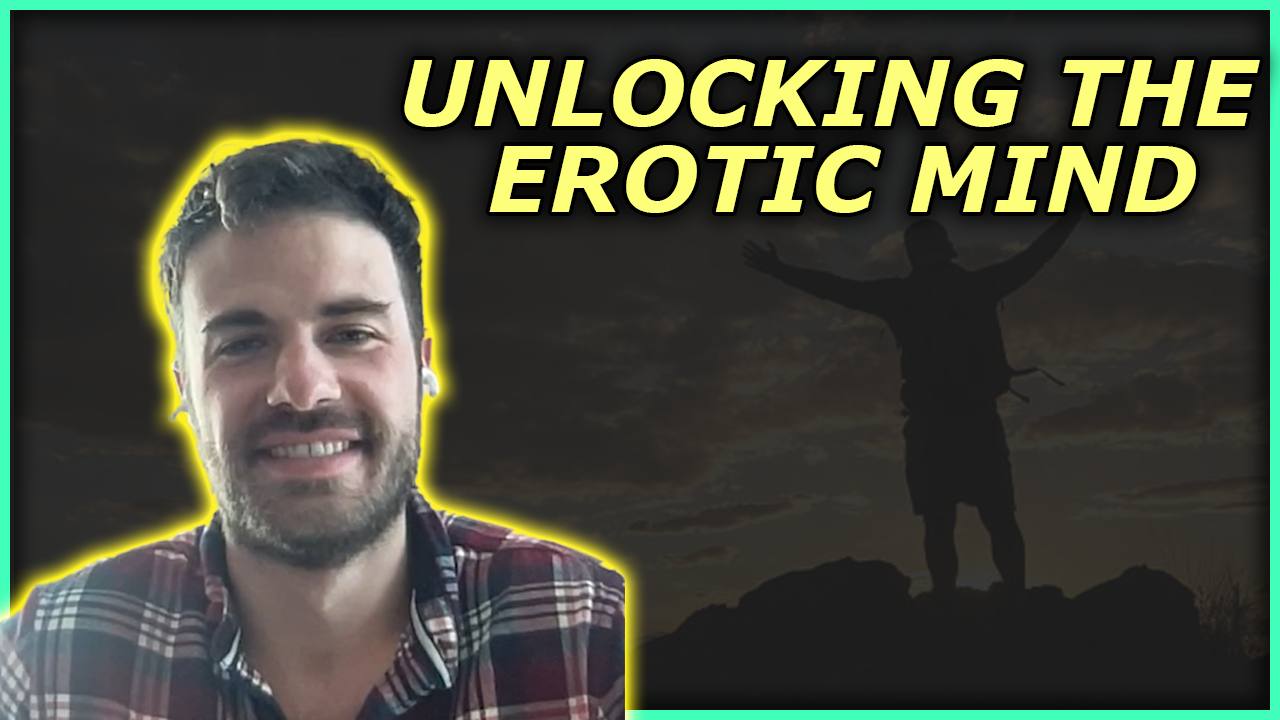
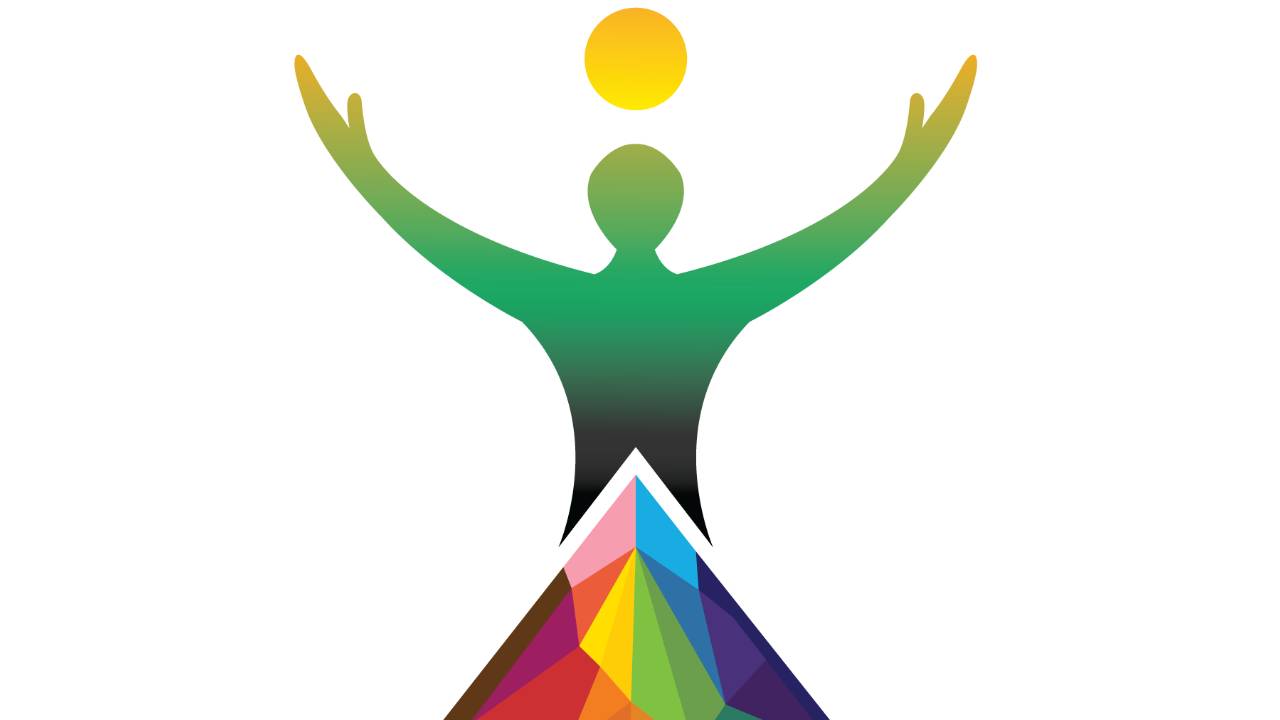
Responses